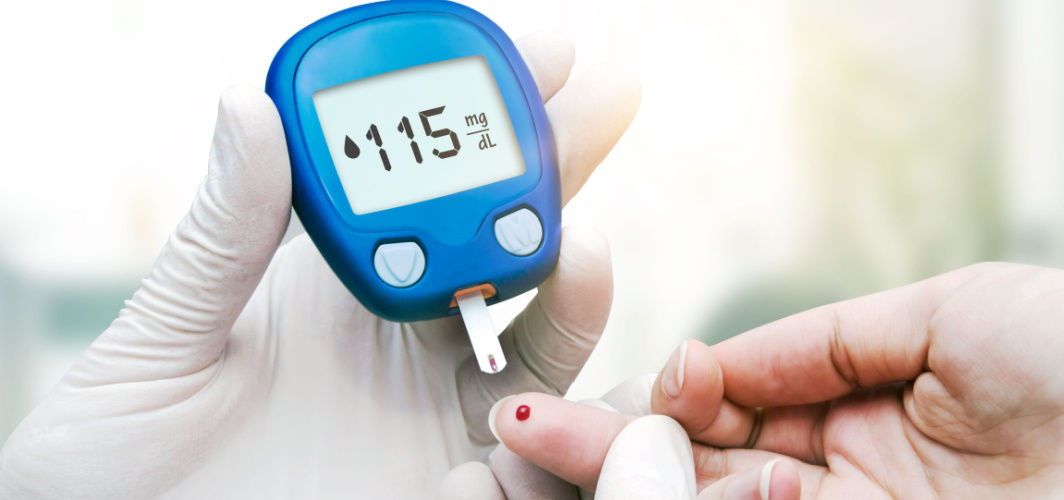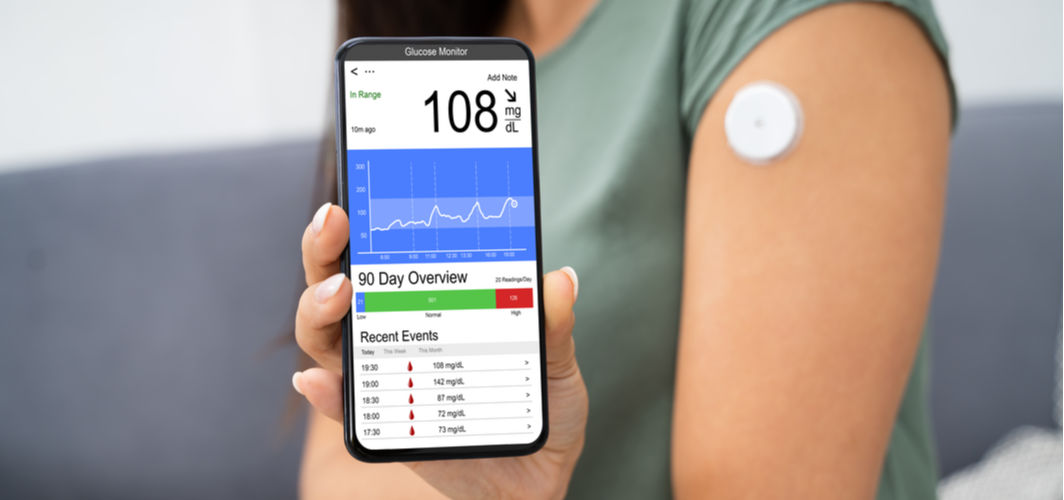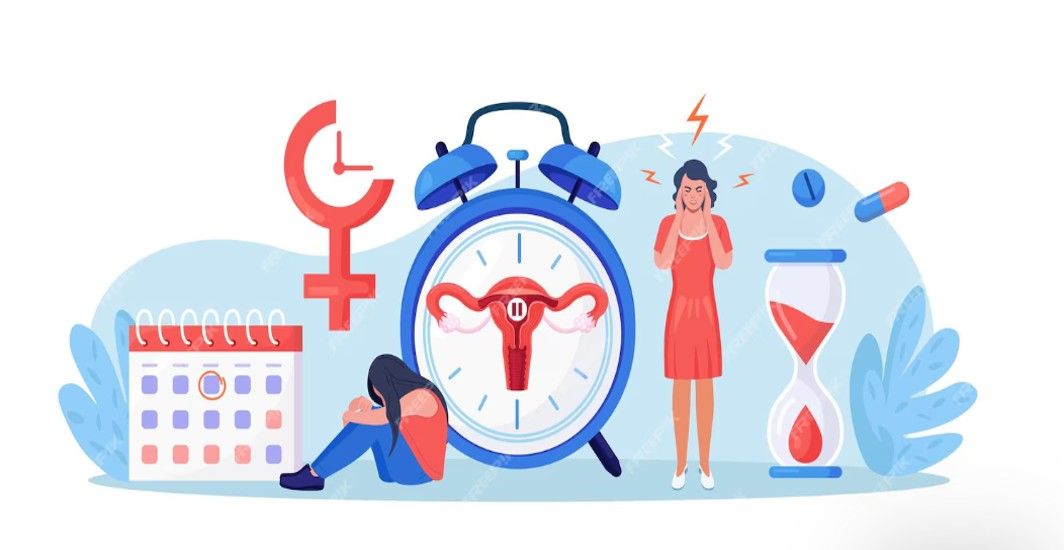Diabetes Management
Type 2 Diabetes: Is It Curable?
6 min read
By Apollo 24|7, Published on - 30 January 2023, Updated on - 01 June 2023
Share this article
0
0 like

According to the World Health Organization (WHO), in India, the number of people with diabetes is estimated to be around 77 million in 2045. In the United States, an estimated 30.2 million people (9.4% of the population) had diabetes in 2015. Diabetes is the 7th leading cause of death worldwide and is responsible for over 2 million deaths yearly. Unfortunately, you cannot cure diabetes, but knowing the type and underlying cause can go a long way to maintaining your sugar levels at a normal range.
What is Type 2 Diabetes?
As per research conducted in 2017, India is home to 65.9 million cases of type 2 diabetes. But what is type 2 diabetes? Formerly known as the non-insulin-dependent condition, type 2 diabetes is a chronic disease that occurs when the body fails to use insulin effectively. This is usually a lifestyle disorder that is caused by a sedentary lifestyle and excess body weight or obesity. Out of all the diabetics in the world, it is believed that 95% of them are diagnosed with type 2 diabetes. Previously, this category of diabetes used to attack adults only, but currently, children are also getting diagnosed with type 2 diabetes.
Type 2 diabetes is usually characterised by an increase in thirst and hunger pangs, lack of energy and fatigue, tingling sensation or numbness in the hands or feet, frequent urination and slow healing wounds.
What Causes Type 2 Diabetes?
The pancreas is responsible for producing insulin which is a hormone that transports glucose from your blood to the cells to be used as energy. So when you eat, your body produces and releases insulin. When your body fails to use this hormone efficiently, it puts pressure on the pancreas to produce more insulin. Over time, this eventually damages the pancreas thereby rendering it incapable of producing any insulin. This is when the glucose levels in your blood increase and you are diagnosed with type 2 diabetes.
It is a lifestyle disease. People who are living with excess weight or are obese, living a sedentary lifestyle and eating a lot of processed and packaged foods are at risk of developing type 2 diabetes.
Type 1 versus Type 2 Diabetes
Individuals acquiring diabetes have been on the rise, with India being second on the list of countries with the highest number of diabetic individuals. The underlying causes of diabetes include genetics, unhealthy lifestyle habits (such as poor diet, lack of physical activity, and smoking), and other factors like high blood pressure and obesity.
Type 1 diabetes is known to occur in all age groups. More than 2.5L people among the diabetes population in India have Type 1 diabetes. It is characterised by the body's inability to produce insulin, causing blood sugar levels to rise indefinitely. The causes behind type 1 are not under one’s control and require a lifelong supply of insulin to overcome hyperglycemia symptoms.
Type 2 diabetes is a lifestyle disease occurring in individuals above 40 years of age, but young adults, teens and children are also getting prone. When the blood sugar levels rise, insulin signals the cells to take in glucose from the bloodstream, where it can be used for energy or stored as glycogen or fat. This is how insulin functions to use up excess blood sugar. But when this function is interrupted, it causes a spike in your blood sugar levels. This condition is known as type 2 diabetes. And in this condition, your body is either unable to produce enough insulin or causing insulin resistance. However, the causes of type 2 diabetes are under one's control and can reverse with monitoring, treatment, and lifestyle modifications.
Is Type 2 Diabetes Curable?
You cannot cure type 1 diabetes, but with insulin and following specific measures, you can manage it to a level where the symptoms are minimal and sugar levels are under control. On the other hand, it is possible to reverse type 2 diabetes to a point where insulin or other hypoglycaemic drugs are not required to maintain blood sugar levels.
- Weight Control: Aiming for an optimal weight will help reduce insulin resistance and promote liver and pancreatic function.
- Low-Calorie Diet: It is essential to reduce the number of calories you take daily by taking the help of a dietician and diabetologist. If you are not very active, you should limit taking calories to ten times your weight. It helps in the weight loss plan, plus maintaining a balanced diet.
- Lifestyle Modifications: You must follow an optimal exercise routine and a nutritious diet plan for effective blood sugar control. Doing approximately 10,000 steps with 20 minutes of physical training as a daily routine is advisable.
How Can You Manage Diabetes?
Managing type 2 diabetes is easy but you need to follow your doctor's information carefully and live a healthy lifestyle. Here's what you can do to manage diabetes like a pro.
1. Get a diabetes monitoring kit: The market is flooded with diabetes monitoring kits that you can choose from. You can keep a regular tab on your blood glucose level and accordingly consult your doctor and monitor your diet.
2. Watch your diet: Either consult a dietician to get a detailed diabetic diet or you can remove sugar, sugary beverages and sugary food like cakes and desserts from your diet. Keep your diet balanced with leafy greens, seasonal veggies, lean protein, good fats, whole grains and pulses and fibrous fruits.
3. Exercise daily: 30 to 60 minutes of regular exercise can keep you active and help you maintain a healthy weight. Being obese or overweight is the prime cause of type 2 diabetes.
4. Opt for the HbA1c test: The HbA1c test is meant to calculate your blood sugar average for the last 3 months. Taking it after every 3 months is the perfect way to keep a tab on blood glucose levels.
FAQs
1. Is gestational diabetes considered a high-risk pregnancy?
Gestational diabetes is the presence of high blood sugar levels during pregnancy. In addition, since the baby feeds through the mother, the baby may be at risk for related complications, which is a high-risk pregnancy.
2. What are the three warning signs of diabetes?
The three warning signs of diabetes are profused sweating, hunger, and dehydration.
3. Which foods are not suitable for people with diabetes?
Foods like fried items, sweetened beverages, cheese, red meat, and alcohol in excess are not suitable for diabetes.
4. Is type 1 diabetes genetic?
Yes, type 1 diabetes is commonly genetic and runs in the family.
5. Can a child with type 1 diabetes live everyday life?
With healthy eating habits, insulin, and optimal daily exercise, a child with type 1 diabetes can live everyday life.
With strict adherence to dietary intake, optimum exercise, and prescribed medication, a person with diabetes can achieve and maintain normal blood sugar levels. Along with these management tips, knowing the warning signs of diabetes complications can help you live a long and healthy life. If you have diabetes and wish to correct your symptoms, keep the complications at bay and undergo remission,
Consult An Apollo Diabetologist
You can also manage your diabetes like a pro with Apollo 24|7's 12-week empower programme.
Medically reviewed by Dr Sonia Bhatt.
Diabetes Management
Leave Comment
Recommended for you

Diabetes Management
Continuous Glucose Monitoring: How Does it Help?
CGM is a device that helps individuals with diabetes track their glucose levels continuously. A tiny sensor is inserted under the skin to measure glucose in the interstitial fluid. It helps individuals monitor glucose levels throughout the day and night, thereby allowing them to improve their HbA1c levels, reduce hypoglycemia events, and assess the impact of diet and exercise on glucose levels.

Diabetes Management
Butter or Margarine: A Guide for Diabetics
Are you debating between butter and margarine if you're a diabetic? Both can be included in your diet—the key lies in moderation and selecting healthier alternatives. Prioritising monounsaturated and polyunsaturated fats helps maintain heart health.

Diabetes Management
A Guide to Diabetes Management during Menopause
Coping with diabetes while experiencing menopausal changes might feel like a challenge. However, with management strategies like frequent blood sugar checks, treatment adjustments, maintaining a balanced diet, and staying active, you can manage both effectively. Remember, Consulting a doctor always helps!
Subscribe
Sign up for our free Health Library Daily Newsletter
Get doctor-approved health tips, news, and more.
Visual Stories

8 Fruits That are Incredibly Healthy for Diabetes
Tap to continue exploring
Recommended for you

Diabetes Management
Continuous Glucose Monitoring: How Does it Help?
CGM is a device that helps individuals with diabetes track their glucose levels continuously. A tiny sensor is inserted under the skin to measure glucose in the interstitial fluid. It helps individuals monitor glucose levels throughout the day and night, thereby allowing them to improve their HbA1c levels, reduce hypoglycemia events, and assess the impact of diet and exercise on glucose levels.

Diabetes Management
Butter or Margarine: A Guide for Diabetics
Are you debating between butter and margarine if you're a diabetic? Both can be included in your diet—the key lies in moderation and selecting healthier alternatives. Prioritising monounsaturated and polyunsaturated fats helps maintain heart health.

Diabetes Management
A Guide to Diabetes Management during Menopause
Coping with diabetes while experiencing menopausal changes might feel like a challenge. However, with management strategies like frequent blood sugar checks, treatment adjustments, maintaining a balanced diet, and staying active, you can manage both effectively. Remember, Consulting a doctor always helps!